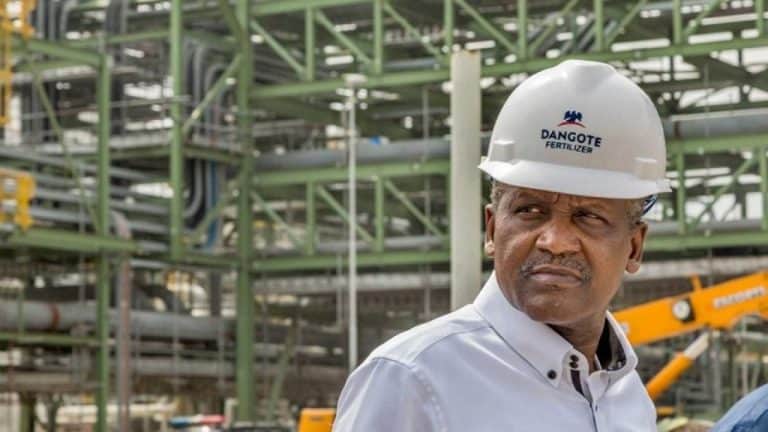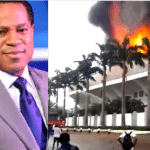Devakumar Edwin, Vice President of Oil and Gas at Dangote Industries Limited, has accused International Oil Companies (IOCs) in Nigeria of deliberately undermining the newly established Dangote Oil Refinery and Petrochemicals. Edwin alleges that these companies are inflating local crude prices above market rates, compelling the refinery to import crude from distant countries such as the United States, thereby incurring high costs.
Speaking at a training programme organized by the Dangote Group, Edwin also criticized the Nigerian Midstream and Downstream Petroleum Regulatory Authority for issuing licenses indiscriminately, allowing the importation of substandard refined products into the country.
“The Federal Government issued 25 licenses for refinery construction, but only Dangote delivered. We deserve government support. Since we started, we’ve exported over 3.5 billion litres of diesel and aviation fuel, representing 90% of our production,” Edwin stated.
He further accused the IOCs of demanding excessive premiums for local crude, sometimes charging the refinery $6 above market price, which has forced Dangote to reduce output and import crude at higher costs. Edwin asserted that the IOCs’ actions aim to ensure Nigeria remains dependent on exporting crude and importing refined products.
Edwin also condemned the importation of high-sulfur diesel from Russia, facilitated by the Nigerian regulatory body’s indiscriminate licensing. This practice undermines the local refining capacity and exposes Nigerians to harmful pollutants.
In a related statement, Aliko Dangote, President of the Dangote Group, echoed Edwin’s concerns, highlighting resistance from powerful individuals and international entities aimed at thwarting the refinery’s success. Dangote noted that these challenges were anticipated but stressed the necessity of the refinery for Nigeria and the broader sub-Saharan region.
Despite these hurdles, Dangote expressed confidence in overcoming the obstacles and emphasized the critical role the refinery will play in ending Nigeria’s reliance on imported fuel. The refinery is expected to commence petrol sales in the third week of July, potentially transforming Nigeria’s energy landscape.
Efforts to obtain comments from the IOCs via the Oil Producers Trade Section of the Lagos Chamber of Commerce and Industry were unsuccessful. Additionally, the Nigerian Midstream and Downstream Petroleum Regulatory Authority has yet to respond to requests for comment.




